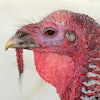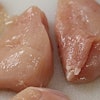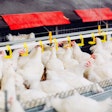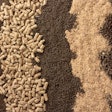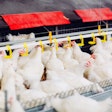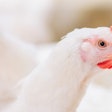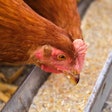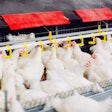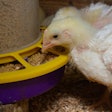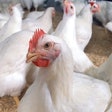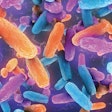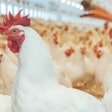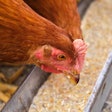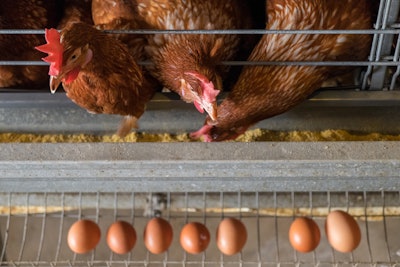
Feeding saponins and polyphenols made from plant products, also known as phytogenics, to pullets and layer hens has no negative effect on performance or egg quality, revealed a validation study conducted at North Carolina State University (NCSU).
“We don’t really want to see that much difference between our treatments in a validation study,” explained Dimitri Malheiros, graduate student in the Prestage Department of Poultry Science, College of Agriculture and Life Sciences, NCSU.
“Anything that we see that performs better can be attributed to that gut health bettering impact. This was just to validate.”
Recent research suggests that phytogenic feed additives can help improve poultry gut health, protecting against a variety of diseases. In particular, the combination of these saponins and polyphenols made from Quillaja saponaria and Yucca schidigera biomass are beneficial against coccidiosis and necrotic enteritis infections.
Performance impact of phytogenic feed additives
The project aimed to validate the properties of this phytogenic feed additive in pullets and laying hens.
The results revealed that birds in the pullet phase given the phytogenic feed additive consumed less feed and had equal body weights compared to the control group.
“We don’t know why because we didn’t look at intestinal histology, but we think it’s because the intestine is better able to absorb the nutrients they need,” Malheiros said.
In addition, there were no statistical differences observed in performance or egg size, grade or quality for the laying hens compared to the control group.
Malheiros noted that the hens in this study were unchallenged, meaning that the birds were not purposefully exposed to coccidiosis or any other diseases.
“I would really like to see this trial done at scale with a challenge imposed,” he added.
This research was initially presented as an oral presentation at the 2024 International Poultry Scientific Forum (IPSF), part of the International Production & Processing Expo (IPPE) in Atlanta, Georgia.

